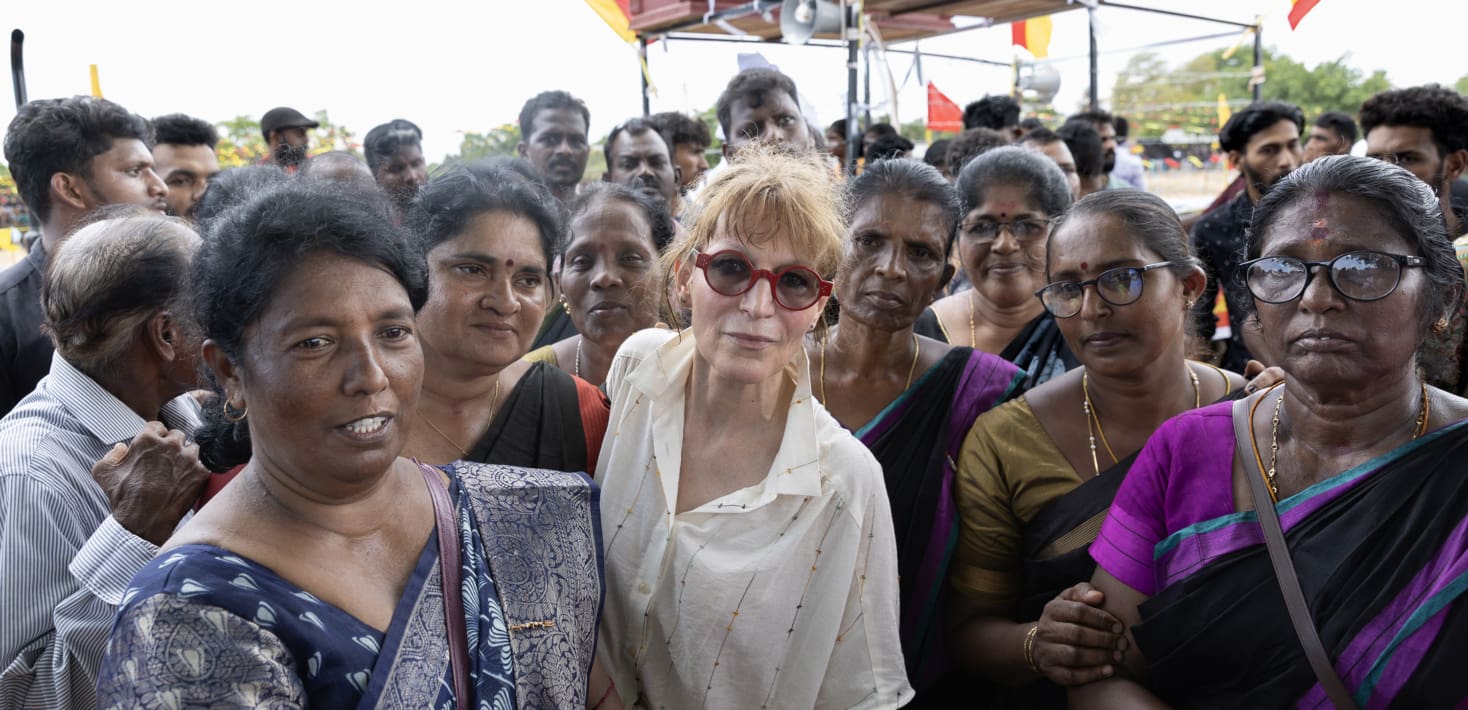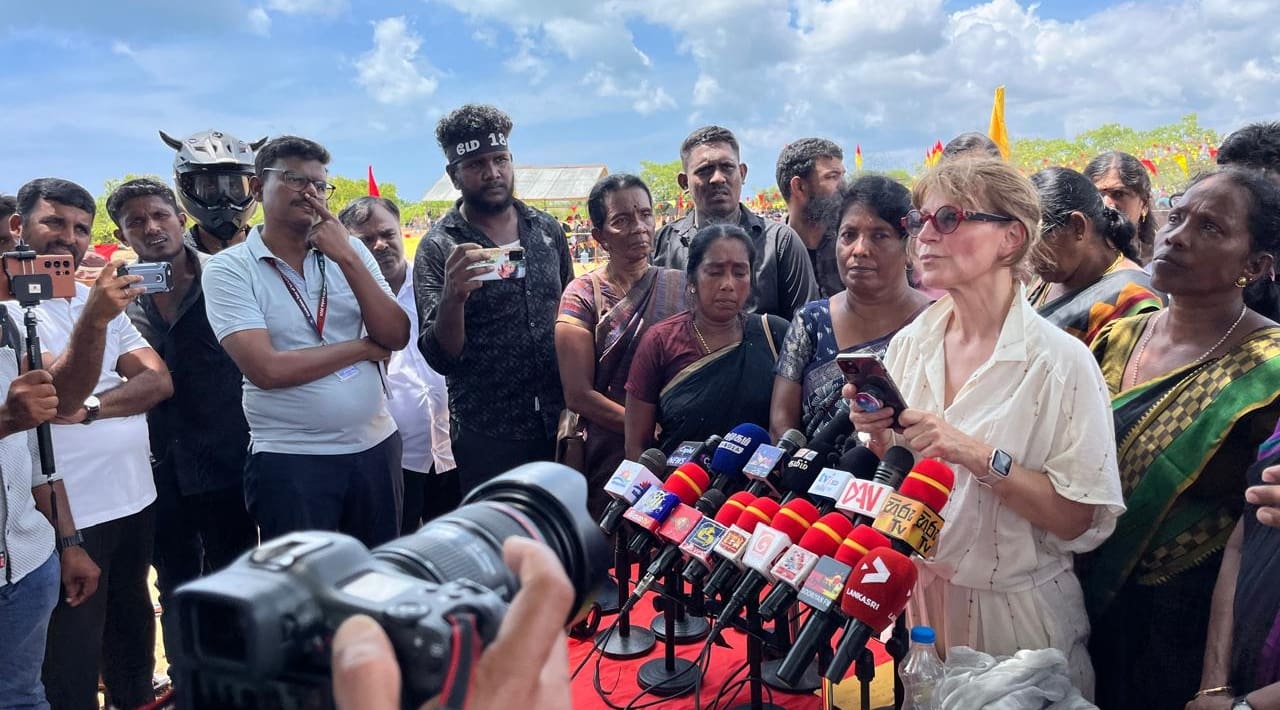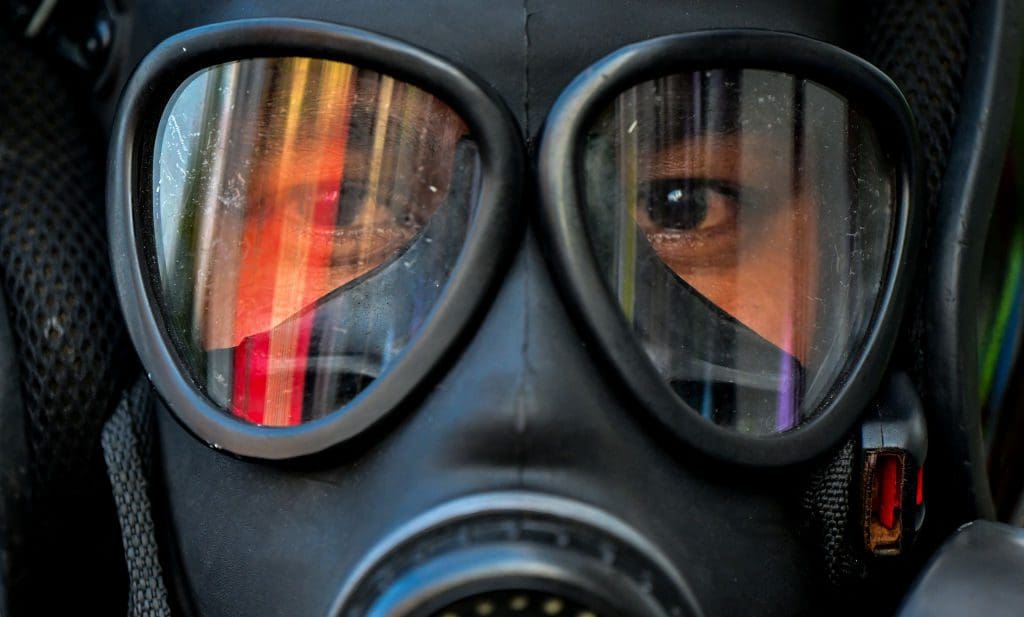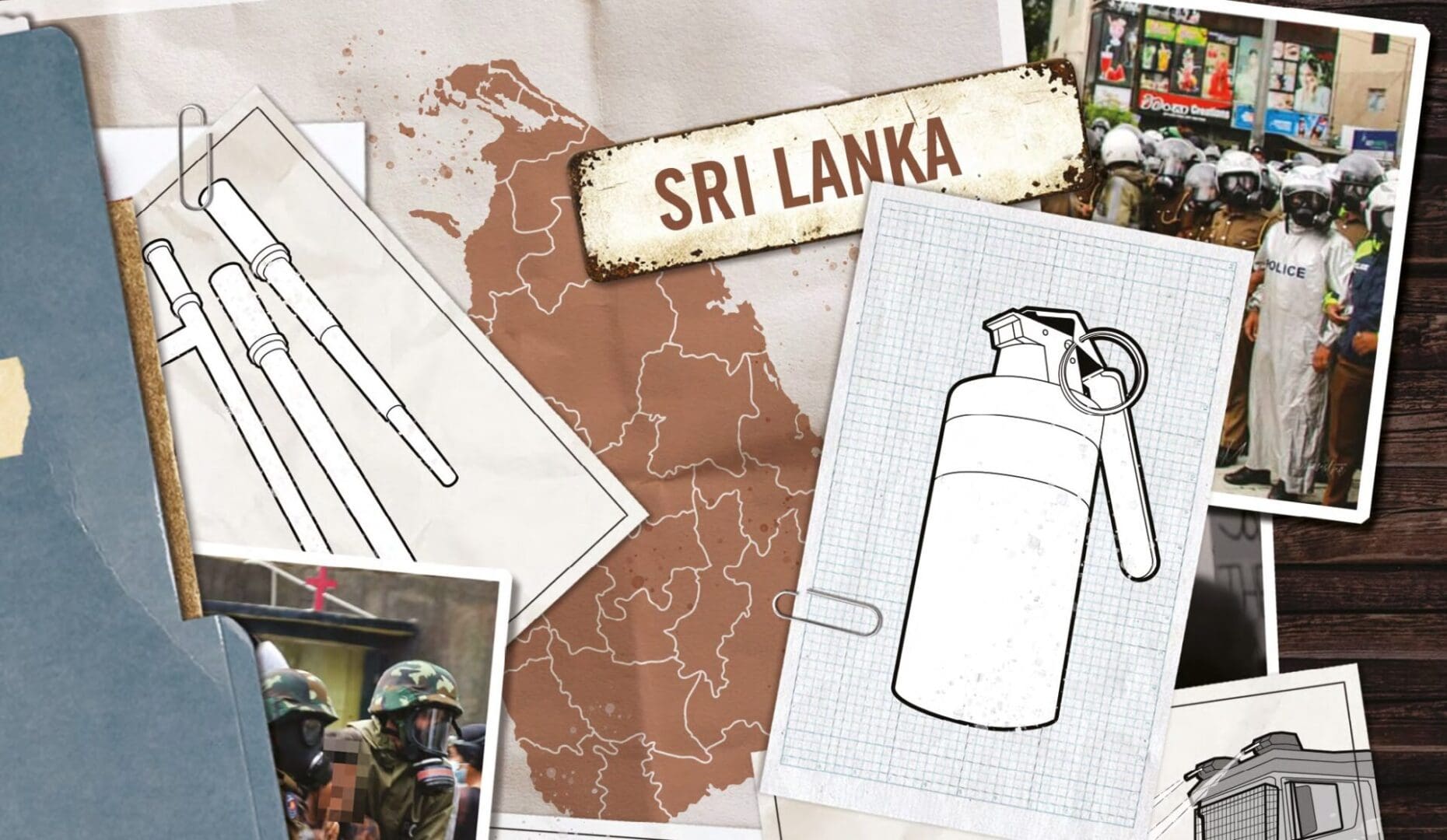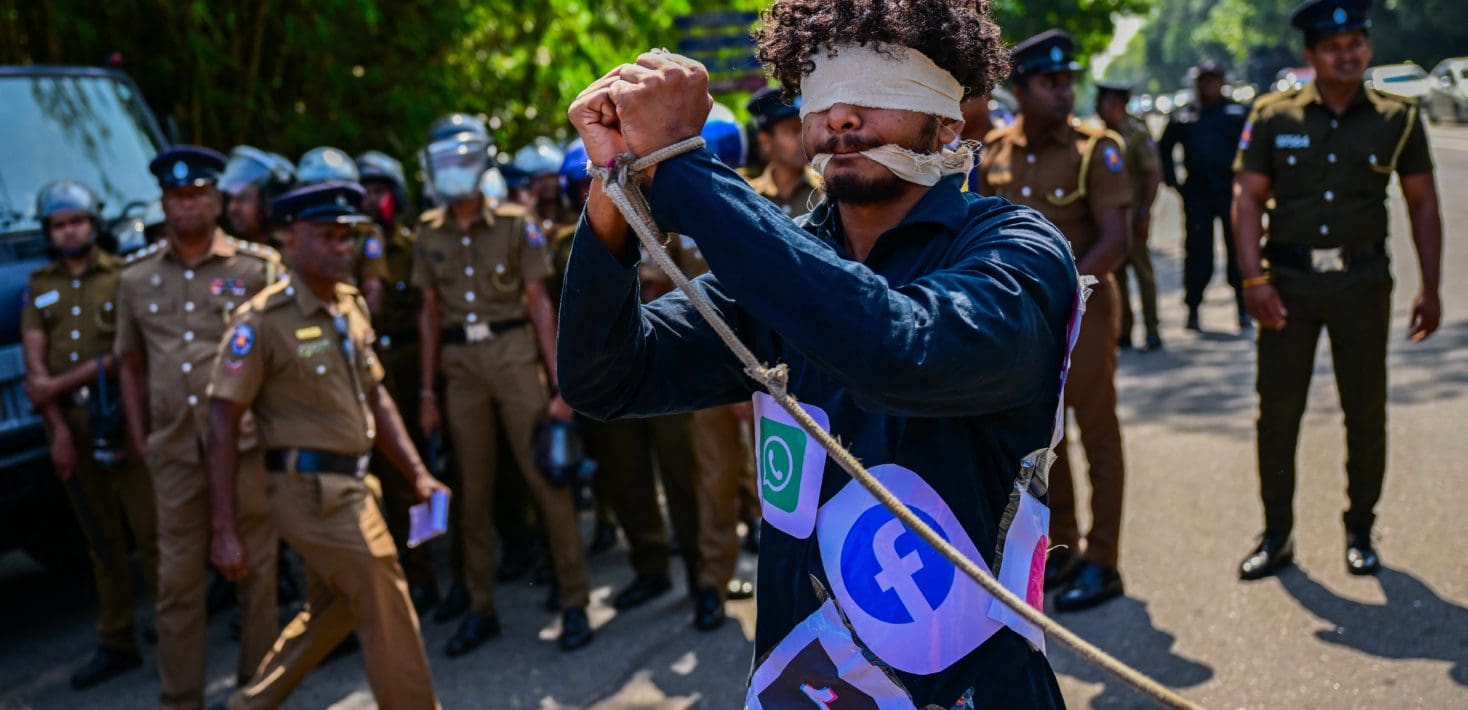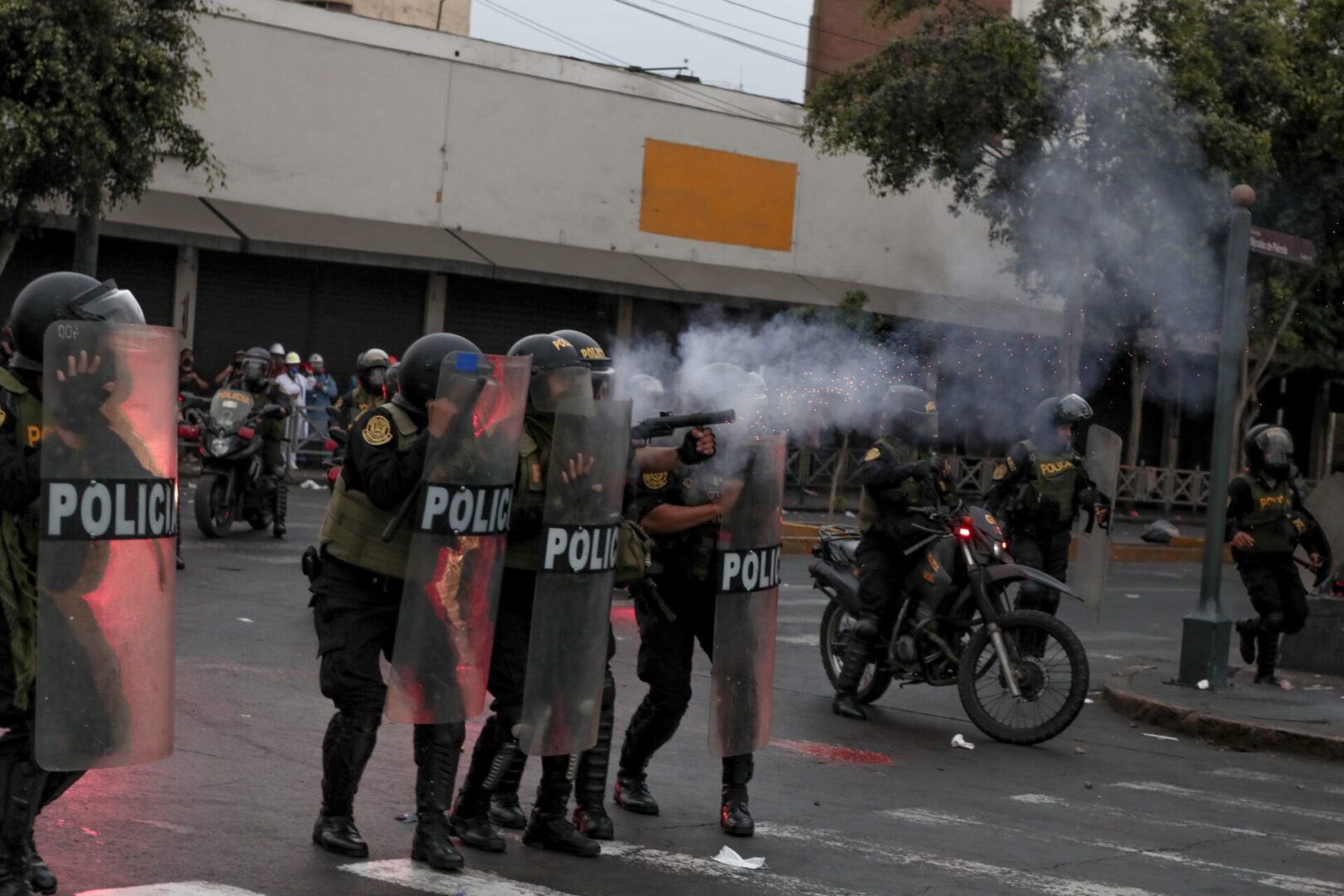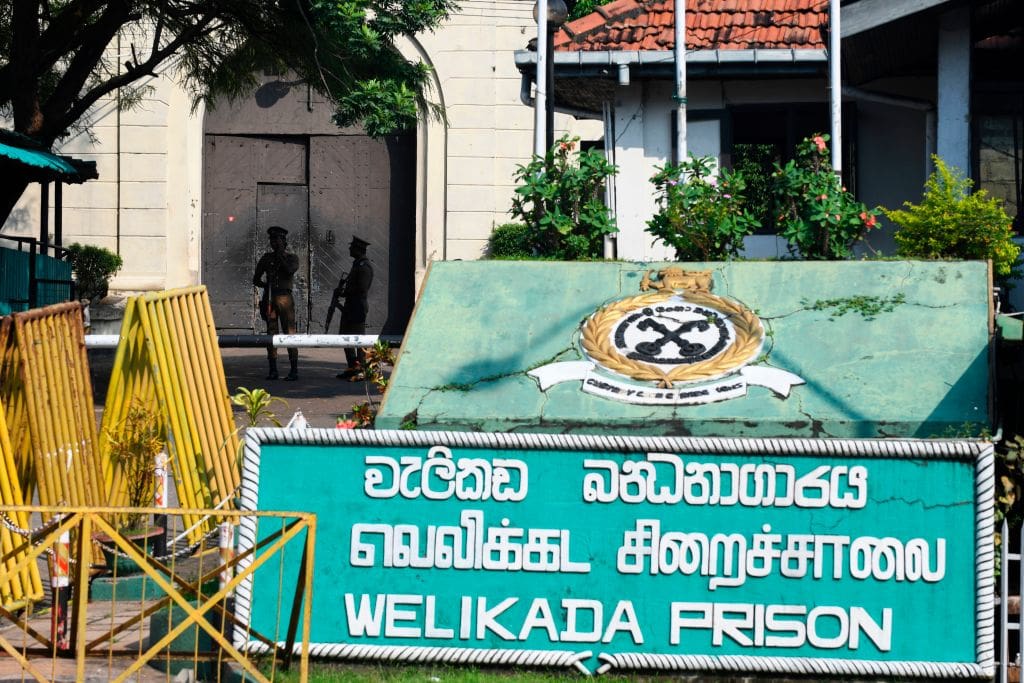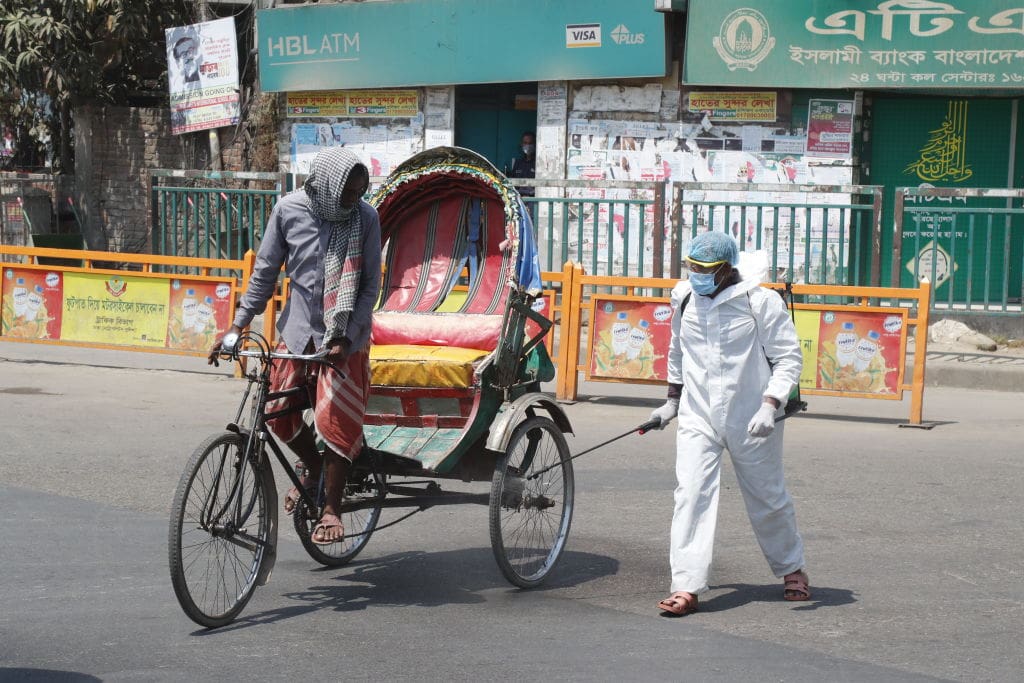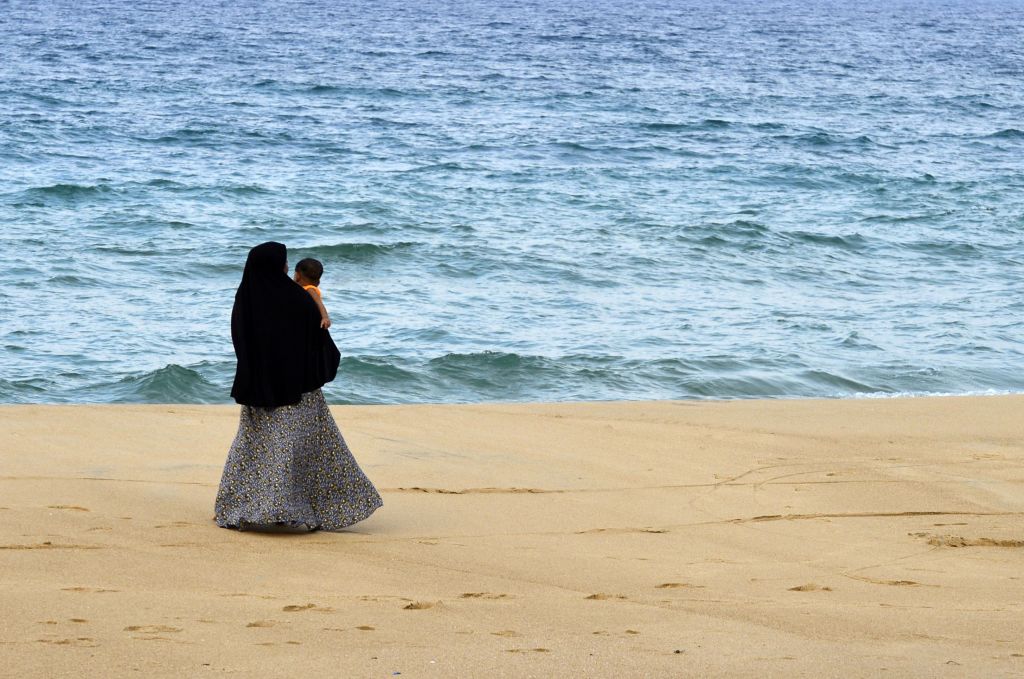overview
In 2022, thousands of people protested against government mismanagement of the economy which had caused shortages of fuel, food and medicine. The government responded by cracking down on all forms of dissent. Although shortages have eased since 2022 and protests have diminished, the government has continued its crackdown. The rights to freedom of expression and peaceful assembly have come under fierce attack by law enforcement agencies, which at times have used unlawful force leading to deaths and injuries. Protesters have been arbitrarily arrested, detained using the draconian Prevention of Terrorism Act (PTA), and ill-treated in custody. War crimes and serious human rights violations committed during the internal armed conflict remained unaddressed. Families of people forcibly disappeared continued to seek truth and justice. Proposed successor legislation to the PTA failed to address key human rights concerns, and Muslims and Tamils continued to be targeted under the PTA.
BACKGROUND
The situation of human rights in Sri Lanka needs to be understood in the context of its recent history. Over the past 40 years, two separate internal armed conflicts resulted in war crimes and human rights abuses being committed by both sides in both conflicts. In the vast majority of cases, no one has been held accountable for these crimes.
During 1983 – 2009, Sri Lanka was wracked by a civil war between the security forces (who are mostly from the Sinhalese majority community) and the armed Tamil opposition group, the Liberation Tigers of Tamil Eelam (LTTE), who were seeking an independent state for the Tamil minority in the north and east of the island. The war ended in May 2009, with a government military victory over the LTTE. A war crimes investigation by the Office of the U.N. High Commissioner for Human Rights found in 2015 that both government forces and the LTTE had committed war crimes, crimes against humanity and other human rights abuses.
In the late 1980s, the People’s Liberation Front, a Sinhalese chauvinist group (known by their initials in Sinhala as the JVP), carried out an armed insurrection against the government. The conflict saw targeted and indiscriminate killings of civilians, thousands of enforced disappearances of suspected JVP supporters, and arbitrary detentions and torture. The insurrection ended with a government victory in 1990.
KEY ISSUES
Following massive protests on July 9, 2022, President Gotabaya Rajapaksa resigned and was replaced by President Ranil Wickremesinghe. The government subsequently arrested over 140 protesters and protest organizers, routinely ignoring due process and using the PTA to detain three protesters. Subsequent protests since 2022 have also seen use of the PTA against protesters. The PTA has been used in the past to target minorities, journalists and dissenting voices; it allows detention without charge or trial and violates international human rights standards.
On March 22, 2023, the Sri Lankan government published the draft Anti-Terrorism Act (ATA), which is proposed to replace the PTA. The bill does not comply with international standards. Offenses under the ATA are not precisely defined but are broad, vague and subjective. The ATA retains provisions to enable prolonged detention (up to one year) without charge or trial. It facilitates torture, especially in a context that is rife with allegations of torture in custody. It gives the military arrest and detention powers that should only be provided to the police. It retains unchecked powers of the executive without sufficient judicial oversight. A revised draft of the ATA was released by the government on Sept. 15. While it made some improvements to the earlier draft, the revised draft still does not meet international standards. The ATA must not be enacted in its current (revised) form; it must be substantially further revised or dropped.
Sri Lanka’s people have suffered from tens of thousands of human rights violations over recent decades. Many abuses occurred in connection with both of the internal armed conflicts, but some have happened since the end of the war with the LTTE in 2009. AIUSA activists are campaigning for justice in connection with two of these cases, which are considered emblematic for their type of violation.
The security forces intentionally and recklessly killed civilians during both the JVP insurrection and the war with the LTTE. One emblematic case of a political killing committed by the security forces is the murder of five Tamil students (known as the “Trinco Five”) by the security forces on Jan. 2, 2006 in the northeastern town of Trincomalee.
Up to 100,000 enforced disappearances have been reported in Sri Lanka, both in connection with the conflicts and in their aftermath. One emblematic case of enforced disappearance is the journalist/cartoonist Prageeth Eknaligoda (who is Sinhalese); he was made to disappear on Jan. 24, 2010, two days after publishing an article critical of then President Mahinda Rajapaksa.
During 2019, AIUSA held a contest for activists to create poems or drawings on the subject of enforced disappearances in Sri Lanka. See the link below for the winning entries.
For the 16th anniversary on Jan. 2, 2022 of the killing of the Trinco Five students, some AIUSA activists created a short video about their case. A link to the video is given below.
For the 12th anniversary on Jan. 24, 2022 of the enforced disappearance of journalist Prageeth Eknaligoda, activists from Amnesty International USA and Amnesty International Aotearoa New Zealand created two short videos about his case. Links to both videos follow below.
On November 22, 2023, Juwariya Mohideen, a Sri Lankan human rights activist, was named one of the winners of Amnesty International USA’s Ginetta Sagan Award for 2023. See the link below for more information.
Relevant Links
- AIUSA Art/Poetry Competition on Enforced Disappearances in Sri Lanka
- AIUSA video on the Trinco Five students
- First AIUSA/AIANZ video on disappeared journalist Prageeth Eknaligoda
- Second AIUSA/AIANZ video on disappeared journalist Prageeth Eknaligoda
- AIUSA press release on winners of 2023 Ginetta Sagan Award, including Juwairiya Mohideen
- Take Action: JUSTICE FOR THE TRINCO FIVE
- Take Action: JUSTICE FOR PRAGEETH EKNALIGODA
- Take Action: PHOTO ACTION FOR THE TRINCO FIVE
- Take Action: PHOTO ACTION FOR PRAGEETH EKNALIGODA
- For more information visit the amnesty.org country page

